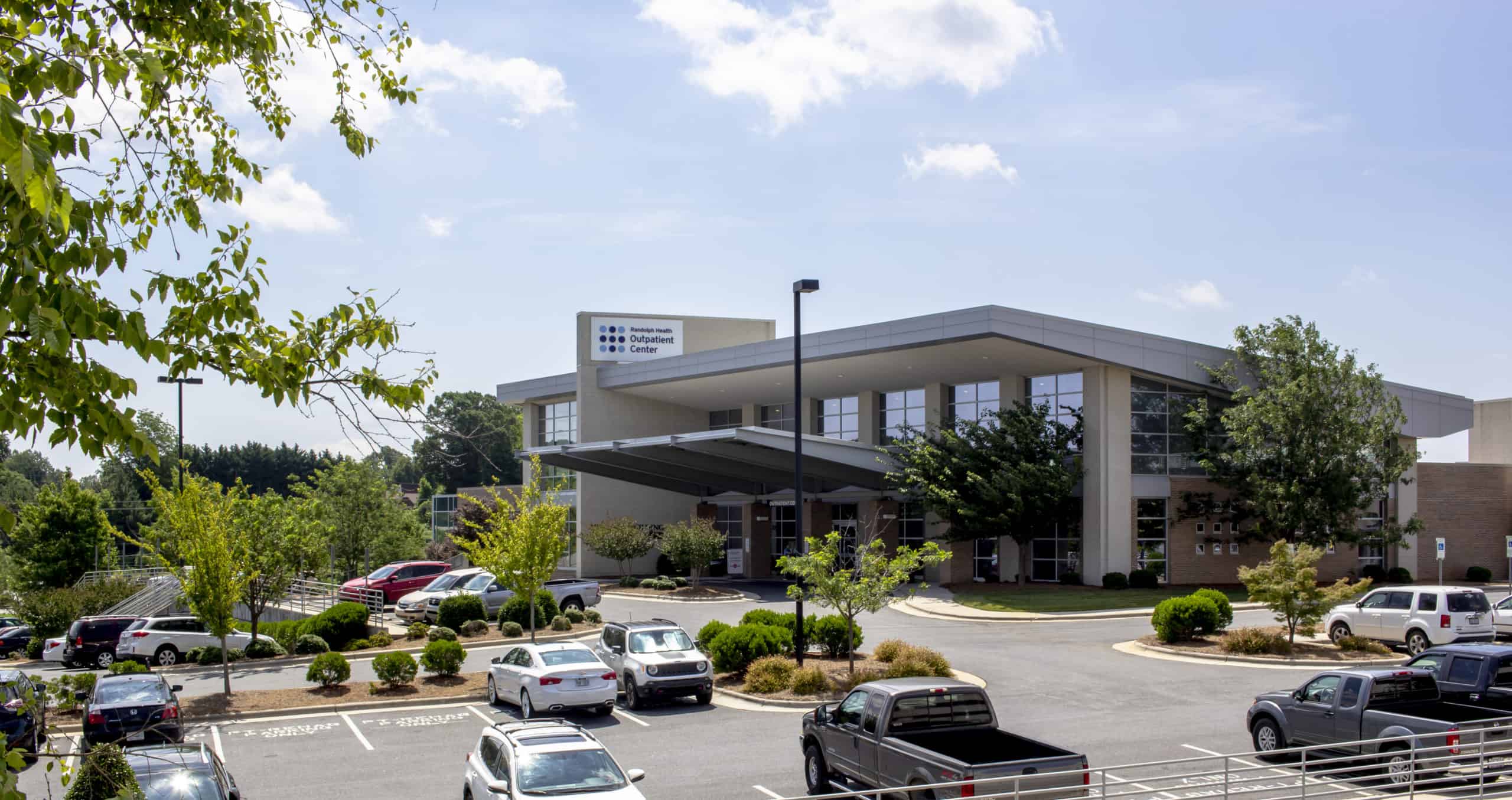The Ministry of Public Health has acknowledged that mounting financial debt in Thailand’s state-owned hospitals has become a severe challenge that is affecting healthcare services nationwide.
Ministry officials plan urgent discussions with the National Health Security Office (NHSO), which runs the country’s universal healthcare programme, to tackle the crisis.
The situation was brought to light after social media posts circulated, listing the top 10 hospitals grappling with financial deficits that could affect patient care.
Dr Montien Kanasawat, deputy permanent secretary of the ministry, confirmed that budget shortfalls have prevented hospitals from keeping up with the rising demand for healthcare services each year.
‘Although the government allocates additional funds annually, they have not been enough to cover increasing medical expenses,’ he said.
The ministry has assembled a team to consult with the NHSO, in search of sustainable financial solutions for struggling state hospitals.
One of the hardest-hit institutions is Khon Kaen Hospital, which has reported a deficit of 1.24 billion baht. While the ministry’s intervention has helped reduce losses by 62 million baht, challenges remain.
According to reports shared widely on Facebook, other hospitals facing severe financial strain include:
Chaiyaphum Hospital (-180.02 million baht)
Phra Nakhon Si Ayutthaya Hospital (-147.45 million baht)
Ranong Hospital (-123.49 million baht).
Collectively, the top 10 most indebted hospitals recorded losses of 1.92 billion baht in the first quarter of 2025 – representing 45.4% of the total 4.2-billion-baht deficit across Thailand’s public hospital system.
At the heart of the crisis is Thailand’s 30-baht universal healthcare scheme, under which the NHSO finances hospitals. Experts argue that the current funding model does not sufficiently support the rising costs of medical care.
Dr Veerapun Suvannamai, a senator who is the deputy chairman of the upper house’s public health committee, warned in a Facebook post that unless reforms are made, Thailand’s healthcare system could face collapse within three years.
He cited findings from a seminar on the future of the 30-baht healthcare scheme, revealing that:
218 state-owned hospitals are trapped in high debt.
91 hospitals have cash reserves of less than five million baht.
The NHSO currently provides 7,100 baht per patient, despite actual treatment costs exceeding 13,000 baht per case.
Dr Veerapun called for an urgent review of the NHSO’s financial contributions, suggesting adjustments to match actual healthcare costs and the creation of a special fund to cover hospital losses.
However, Attaporn Limpanyalert, deputy secretary-general of the NHSO, dismissed concerns about an impending healthcare collapse. He defended Thailand’s universal healthcare model, stating that adjustments have been made to ensure sustainability.
‘The system remains strong and serves as an example for global healthcare communities,’ he said, adding that the NHSO has increased its per-patient contribution to 8,350 baht, from 7,100 baht, to help ease hospital deficits.
Despite reassurances, financial instability in state-run hospitals remains a pressing issue, with urgent discussions set to take place in the coming months to find long-term solutions.
Provided by SyndiGate Media Inc. (
Syndigate.info
).







